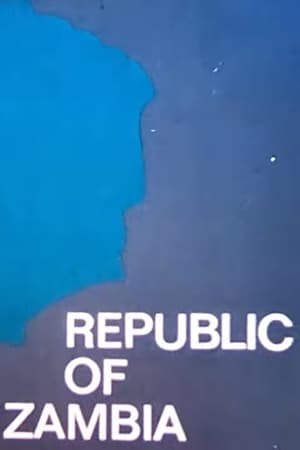
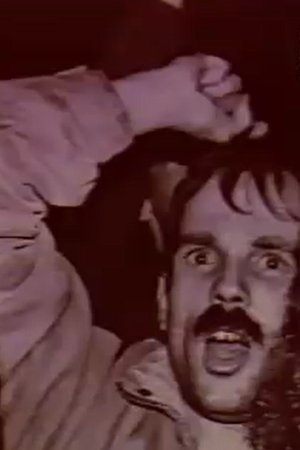
Es lebe die R...(1989)
In interviews, several important GDR personalities and also GDR citizens comment on the events of October 1989.

Movie: Es lebe die R...

Es lebe die R...
HomePage
Overview
In interviews, several important GDR personalities and also GDR citizens comment on the events of October 1989.
Release Date
1989-11-26
Average
0
Rating:
0.0 startsTagline
Genres
Languages:
DeutschKeywords
Similar Movies
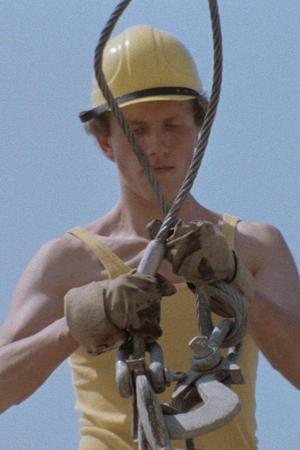 0.0
0.0Berlin – Bauplatz der Jugend(de)
Documents the work of youth work action on construction sites in East Berlin.
 0.0
0.0Pride & Attitude(de)
The viewpoints of women from a country that no longer exists preserved on low-band U-matic tape. GDR-FRG. Courageous, self-confident and emancipated: female industry workers talk about gaining autonomy.
 0.0
0.0Hotel Astoria(de)
At Hotel Astoria, the former hotspot of Leipzig, guests were served champagne and turtle soup while the Stasi listened in. Animated memories from times gone by.
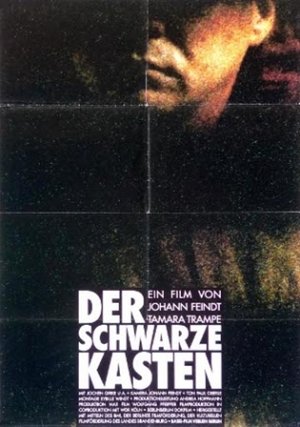 0.0
0.0Der schwarze Kasten(de)
Interview with Jochen Girke, a retired East German Stasi agent, filmed March, 1990 to June, 1991. Questions explore his study of psychology for use as a filmmaker and trainer of interrogators and informers. Segments include conversations with his parents, teacher, former girlfriend and wife.
Berlin Hauptbahnhof(de)
Documents the remodeling of the Ostbahnhof in Berlin Friedrichshain into the central station of the GDR.
Sieg im Osten(de)
The army of the GDR, called NVA had not survived the reunification of Germany, it was completely absorbed by the Bundeswehr and scrapped subsequently. But what apparently went on so smoothly as a peaceful unification of hostile brothers quietly left deep scars in the East German landscape.
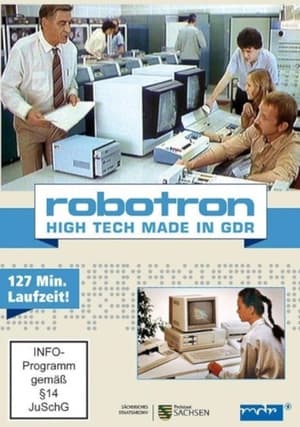 0.0
0.0Robotron - High Tech made in GDR(de)
In a world divided by the Iron Curtain, East Germany sought to carve its niche in the technological race. Enter "Robotron" - a name that seamlessly blended "robot" and "electronics." This wasn't just a brand; it was an ambitious answer to the West's technological advancements, a testament to the GDR’s drive to match, if not surpass, Western innovation. Drawing inspiration from the corporate giants of the West, the GDR‘s government merged various businesses to form this tech behemoth. With 16 major hubs in Central Germany alone, it was clear: "Robotron" was to be the DDR's technological crown jewel. But what was the Socialist Unity Party (SED), the GDR's ruling party, envisioning with this grand venture? How did "Robotron" navigate the challenges of operating within a socialist planned economy, while striving for global excellence? And as it grew to dominate East Germany's tech landscape, why did it always seem to be one step behind the leading global tech powers?
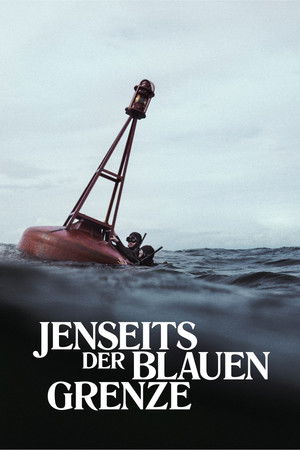 0.0
0.0Beyond the Blue Border(de)
GDR, August 1989: Hanna and Andreas became a target of the secret police and had to give up their plans for their future studies and desired professions. Instead, they face arbitrariness, mistrust and reprisals. Their only chance for a self-determined life lies in fleeing across the Baltic Sea. Fifty kilometres of water separate them from freedom - and only a thin connecting rope around their wrists saves them from absolute loneliness.
Der Held vom Bahnhof Friedrichstraße(de)
All his life, Michael Hartung, owner of a hopelessly debt-ridden video store, has bet on the wrong horse. When an ambitious journalist confronts him with the results of his research, everything changes for the charmingly melancholy Micha. Many years ago, as an employee of the Reichsbahn, he is said to have organized the largest mass escape in the GDR. Stasi files prove the case. He was apparently even imprisoned and then deported to an open-cast lignite mine. Seduced by a lavish salary, Micha confirms the story, although only fragments of it are true.
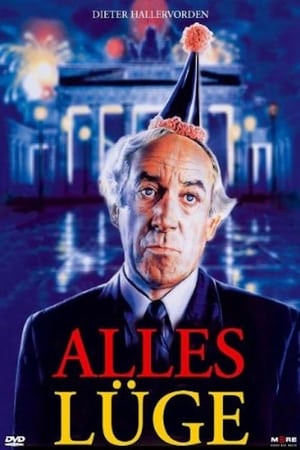 4.3
4.3Everything's a Lie(de)
Erich Kasulke and Rudolf Portmann are comedian stars of the former GDR. When the Wall falls, so does their success. Portmann becomes a successful businessman, while Kasulke tries to continue working on the comedy circuit - without success. When his wife also cheats on him, he decides to start a new life in Berlin. There he quickly meets his old friend Portmann, who has built up a huge company. He offers him a job. But Erich puts the entire company in danger...
 0.0
0.0How to Kill a Cloud(fi)
Scientist Hannele Korhonen has one ultimate passion: to work at the top of the atmospheric science community in the world. She wishes to be totally independent and concentrate on her science while maintaining high ethical values. Her life changes dramatically when she is awarded a 1,5 million USD research grant by the United Arab Emirates. The funder expects her to find ways to make the migratory clouds above the UAE to rain on the country suffering of drought. The opportunity to get proper funding for such a special research is perfect. Gradually she learns that the aim of the funder is to benefit one country, not science at large. Korhonen’s enthusiasm morphs into an ethical dilemma and inner conflicts.
 6.0
6.0The Remains of the Day: The Filmmaker's Journey(en)
A documentary about making The Remains of the Day.
 6.0
6.0Martin Scorsese's Journey Into Silence(en)
A behind-the-scenes documentary on the making of Martin Scorsese's "Silence."

